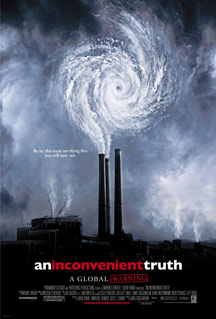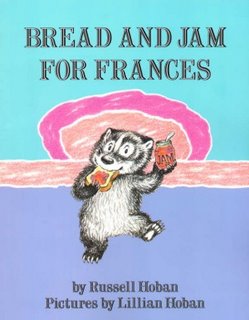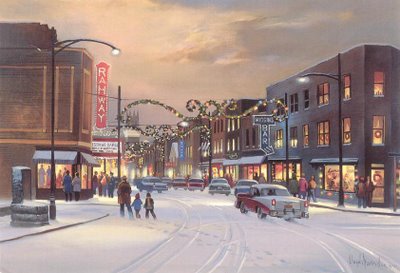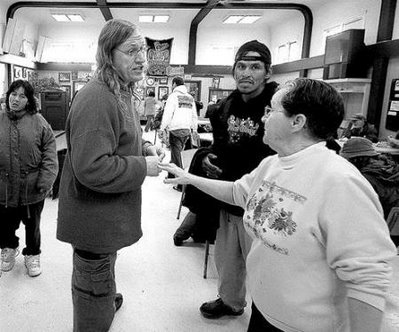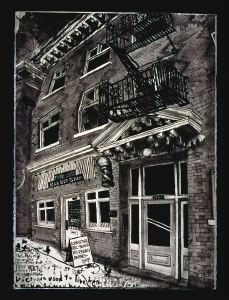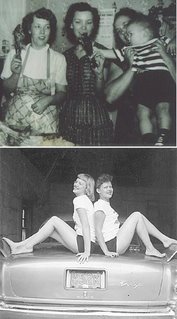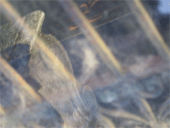New Dawn, New Day

By Tamara Lee
Mondays have a bad reputation. In song, they’re Blue, Manic, Stormy, and generally shoot-the-whole-world-downable. But since this blog started up, Mondays have allowed me to reflect on the past and make connections that I otherwise wouldn’t consider.
And so it is with New Years. Although this rather random bookend causes some to torture their future selves with not-kept resolutions and other misjudgements, for the irresolute, like myself, New Years comes but half a dozen times a year, if I so choose. If I don’t like the start I’ve made by January 31st, there’s always the Lunar New Year, or an equinox or some other New Year in this multi-cultural land of ours, to tag as my new starting point.
Still, like many do, I read the year-ahead horoscopes and muse about all the alleged potential of the coming year. But I’ve found it’s much more fun to look at last year’s predictions, to see how it all fitted in the end, to see if life that year even half-coincided with the predictions. Yeah, so maybe I’m obsessed with looking back. Sorry Lot, sorry Bob Dylan…
Through my concave looking glass, I reflect on just how many things can happen in a year, and how many local and international deaths, births, disasters and scandals have been reflected in my discourse. Rarely do these recent events immediately affect my writing, though. The concavity of my so-called insight means I tend to make seemingly disparate connections between long-past events, letting them bounce off one another, in order to see how my present looks. (It could do with a bit of make-up, I see…)
When I was a kid, New Years was about Dick Clark and countdowns. It was about watching a balloon inflate until it popped. The anticipation was so much more thrilling than the final event. After watching complete strangers bundled against the freezing weather kiss and hug in front of an obscenely large clock, and Dick Clark summing up the year with a forgettable phrase or two, it was off to bed as usual.
‘Tis the season of inflated expectations, and perhaps that’s why it’s often more exciting to plan the evening (or the year) than to actually experience it. There have been many well-planned New Years’ abandoned for a date with the couch, a glass of wine and a good book. Too many New Years’ gone bad—stuck on the bus or waiting for a taxi, trying to get somewhere in time for the countdown, or hugging drunken strangers at the count of one—have dulled the occasion for me.
Renewal, rebirth, and so forth, happening in the dead of winter when so many other cultures choose spring, a much more symbolic New Year, has always seemed as much about needing an opportunity to burn off some Christmas season anxiety, as celebrating second chances.
Fittingly, my most memorable New Years was the Millennium, spent at a beautiful Pender Island cabin, on a cliff overlooking the Gulf Islands, sitting in a hot tub drinking champagne with my oldest friend, while nursing a broken heart after a Christmastime break-up. I insisted on keeping the reservation as part of the break-up settlement. That year I was miserable, but I also learned who my friends were, and who really mattered.
The celebratory New Year’s tradition was in fact based on the superstition that your year is reflected by how you welcome it. A new year, a new beginning, or the aftermath of a storm: All provide us something to move away from, as well as an opportunity to consider our forward motion.
Instead of that old chestnut "Auld Lang Syne," Nina Simone’s "Feeling Good" is a better New Year’s song, with its mournful-yet-hopeful spirit.
As we stare down 2007, I wish you all happiness and good health in the coming year.
Cin cin.
